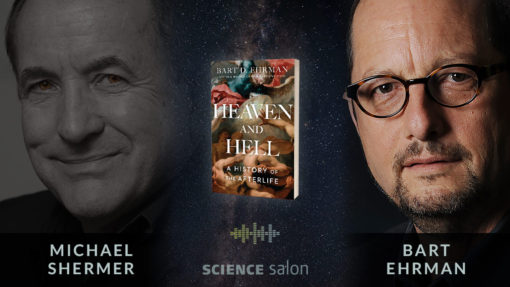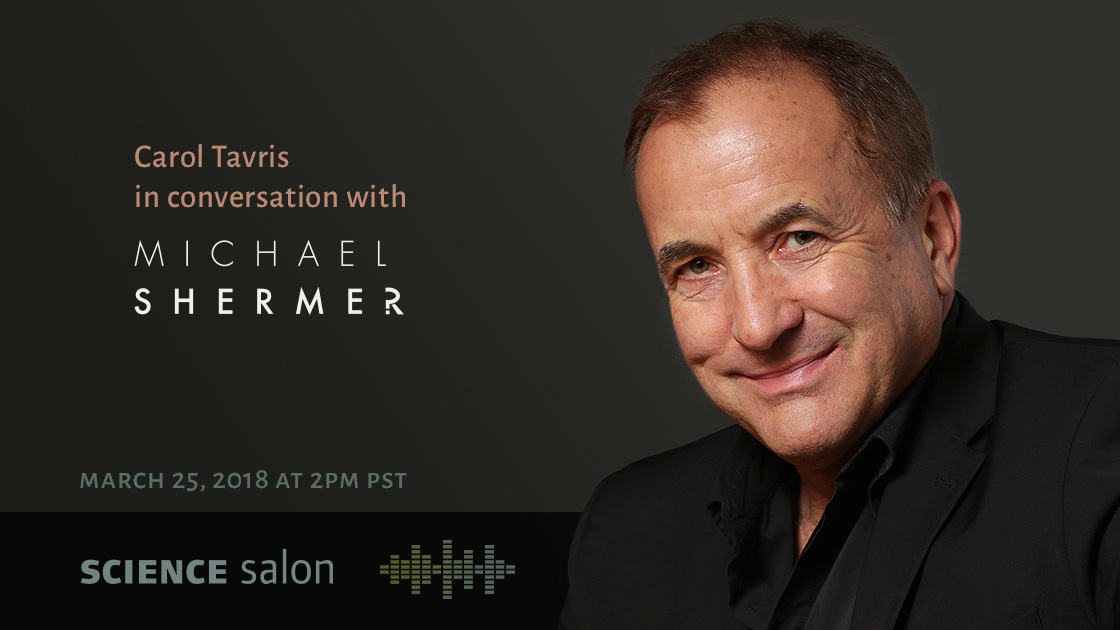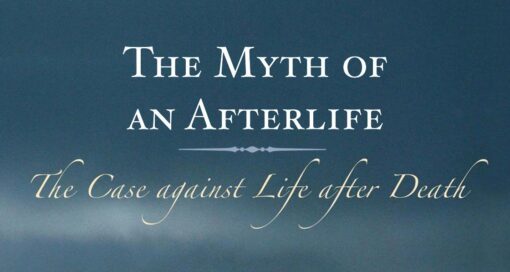heaven

Nearly everyone wonders about what, if anything, comes after death. In Science Salon # 110 Michael Shermer speaks with Bart Ehrman about his book Heaven and Hell: A History of the Afterlife in which Ehrman investigates the powerful instincts that gave rise to the common ideas of heaven and hell and that help them endure.
Nearly everyone wonders about what, if anything, comes after death. In Science Salon # 110 Michael Shermer speaks with Bart Ehrman about his book Heaven and Hell: A History of the Afterlife in which Ehrman investigates the powerful instincts that gave rise to the common ideas of heaven and hell and that help them endure. PLUS, save 40% on new digital subscriptions to Skeptic magazine now through April 12, 2020.
In his December 2018 ‘Skeptic’ column for Scientific American Michael Shermer discusses how to avert a looming crisis among today’s youth.

In his most ambitious work yet—a scientific exploration into humanity’s obsession with the afterlife and quest for immortality—bestselling author and skeptic, Michael Shermer, sets out to discover what drives humans’ belief in life after death, focusing on recent scientific attempts to achieve immortality along with utopian attempts to create heaven on earth.
In this week’s eSkeptic, Sebastian Dieguez, cognitive neuroscientist at the University of Fribourg, Switzerland, reviews The Myth of an Afterlife: The Case against Life after Death, edited by M. Martin and K. Augustine.

Given the current success of neuroscience in establishing the neural basis of consciousness and thought, is it still honest to claim that we simply don’t know “what comes after”? Cognitive neuroscientist, Sebastian Dieguez, of the University of Fribourg, Switzerland, reviews The Myth of an Afterlife: The Case against Life after Death, edited by M. Martin and K. Augustine.
In this week’s eSkeptic, Dennis Cass reviews Penn & Teller’s Bullshit!. Michael Shermer reviews Knocking on Heaven’s Door: American Religion in the Age of Counterculture, by Mark Oppenheimer. David Voron explores the idea of a secular Passover Haggadah.











